Windows 8 “Signature Series” brand of hardware will need an overhaul
4 min. read
Published on
Read our disclosure page to find out how can you help MSPoweruser sustain the editorial team Read more
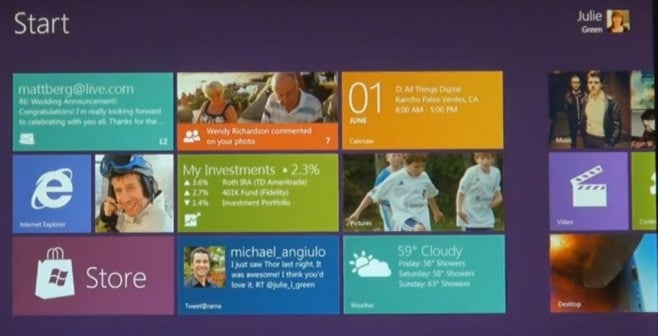
ZDnet’s Ed Bott has an intriguing article titled, “Windows 8 on a Mac: why Microsoft should write its own Boot Camp†which in summary posits this argument
Apple designs some of the best PC hardware you can buy, and its designs use the same parts as a Windows PC. Yes, you can run Windows on a Mac, but the experience is substandard. For Windows 8, Microsoft needs to replace Apple’s Boot Camp software with its own.
Read the whole article to understand his thinking because he does make some valid points. Quite a few Windows focused people I follow on twitter have, or are considering getting MacBook Airs and some even describe it as the “best Windows 7 laptop†out there!
Currently, I own a 3 year old 14 inch HP laptop that I can barely tolerate at times! It is heavy and the battery barely lasts for more than two hours! I have already decided that my next laptop will have to be much lighter and posses a battery life of more than 5 hours. Like Mr. Bott mentions, the MacBook air is made out of the same general components as the Windows based laptops, but how come they perform much better? Apple is very serious about battery life that they reportedly threatened abandon Intel based chips over power consumption.
Perhaps these OEMS rather than flooding the market with a dizzying array of models, they should just concentrate on a maximum of 3 and instead make an effort in improving the quality of their hardware. ZDnet’s Manan, Kakkar also has a great post, “A touch-friendly Windows 8 is least of Microsoft’s tablet problems†that partly chronicles his quest to find a good, light and long battery life Windows laptop at a reasonable price. Result, he ended up purchasing a MacBook Air which was $300 cheaper than its Windows based equivalent, the Samsung Series 9!
So how does the Signature Series come into play? Taking Ed Bott’s and Manan Kakkar’s ideas into consideration, I think Microsoft should come up with a set of high quality specifications for this line for the OEMs to follow in addition to the removal of all the trial crapware that the brand already brings. It would not only would it include high tech specs, but hardware quality as well. I think the major hurdle to overcome will be setting a price point to match the Apple offerings. This may mean only a few companies with scale like Samsung might be able to pull it off. That is is okay with me since it would weed out most the substandard hardware that have plagued the PC ecosystem for so long. I would rather see a smaller number of high quality hardware offerings from each vendor than wide array of mediocre devices that are hard to discern from each other. (Just as a side note, the weight and battery specs only apply to mobile devices i.e. tablets and laptops. For the desktops, the specs may include a SSD boot drive and minimum 4GB RAM)
I think this should be applied even more so to the upcoming Windows 8 tablets because they will be facing the king of the hill, the iPad. The tablets should include stricter restrictions like Windows Phone in order to have a fighting chance against the Apple juggernaut. I do agree with Manan that weight and battery life will be key when he says that…
It is not the hardware specifications that will influence tablet decisions. Whether it has one USB port or two won’t be the first question. How light is it, how long does the battery last, how touch friendly and cloud-powered the software is – these are the primary decision makers. Claiming Flash or Office 2010 compatibility while having a battery life less than the iPad, will not sell Windows 8 tablets.
but I think that high minimum core specs requirements (such as CPU speed, memory, sensors and screen resolution) and hardware quality will matter as well in terms of providing a pleasant and uniform out of the box user experience across all Windows 8 OEM devices
In conclusion, I think not only will Microsoft have to fight on the software side of things with Windows 8, it looks like they now have to take an even more proactive role on the hardware side for their next OS in order to fend off the ongoing threats by Apple and Google. The Signature series might accomplish that if executed properly.
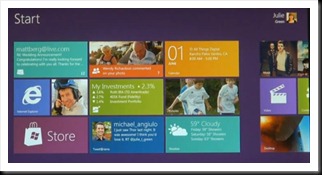





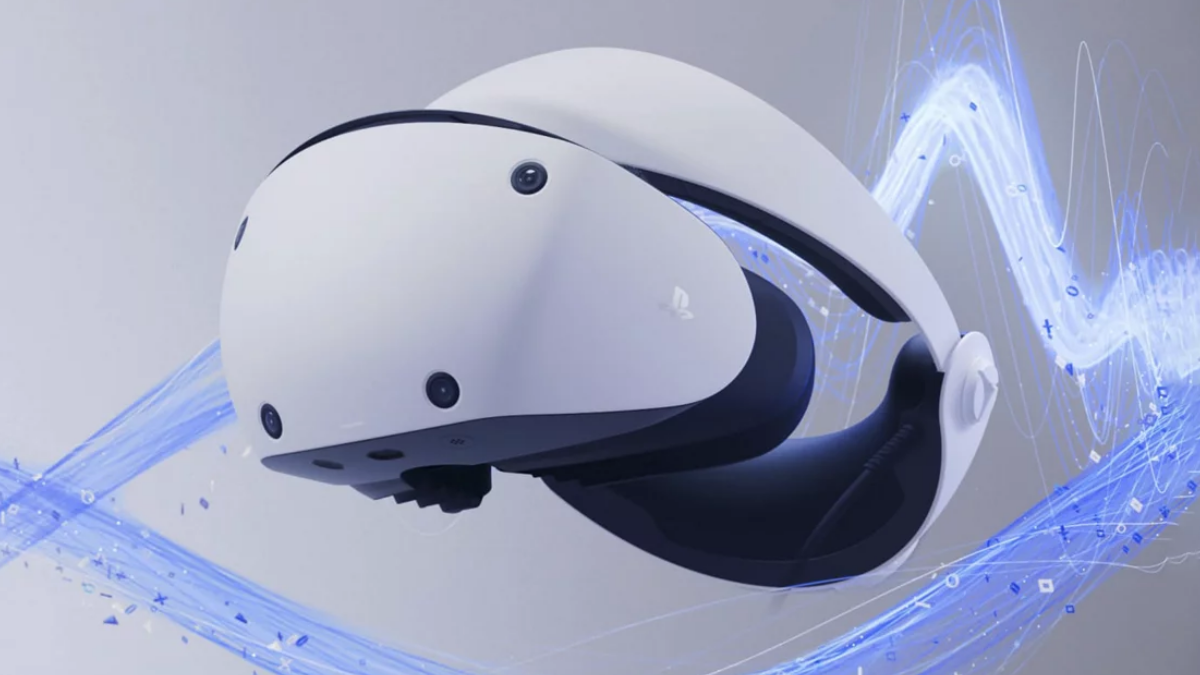
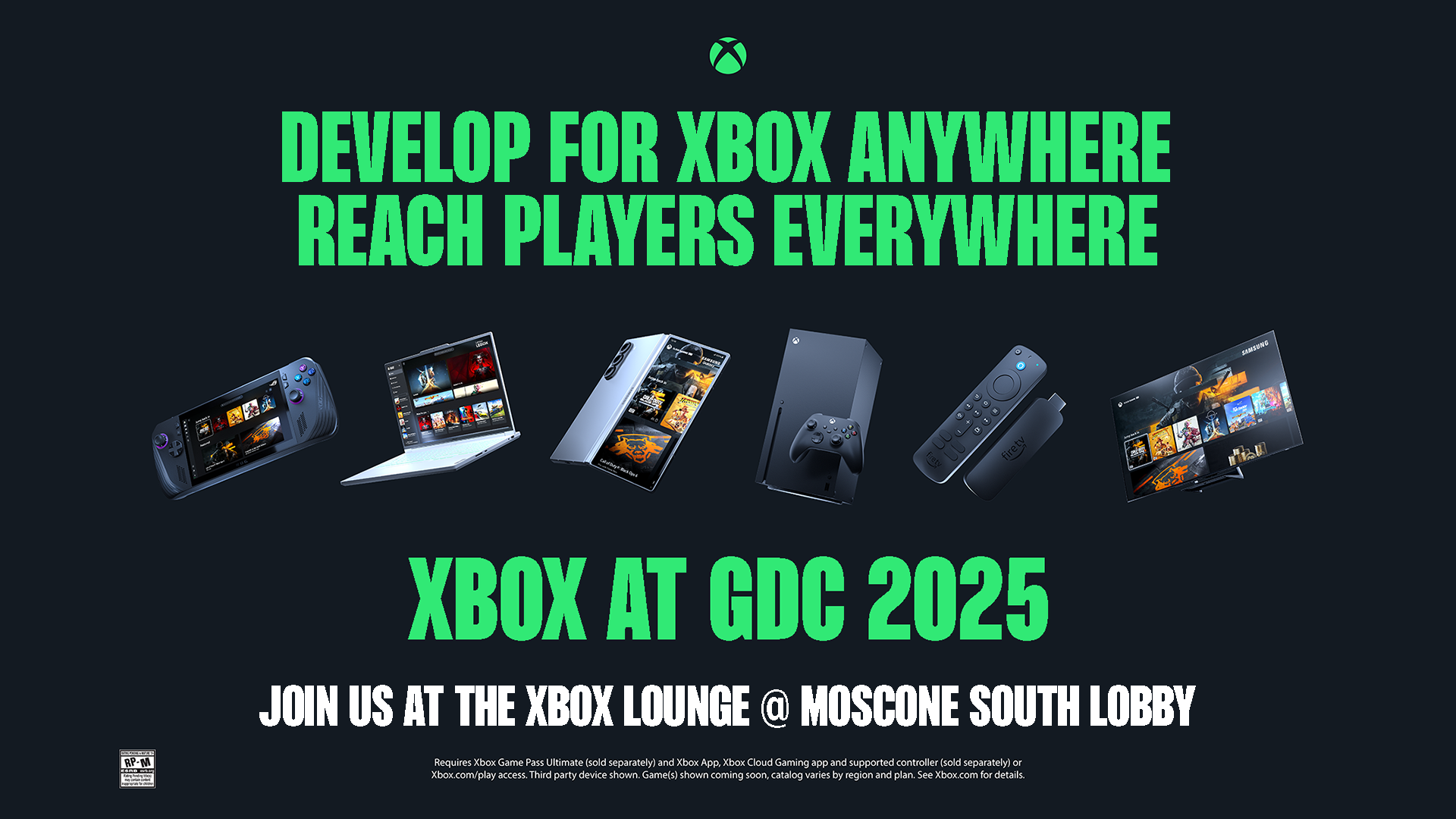
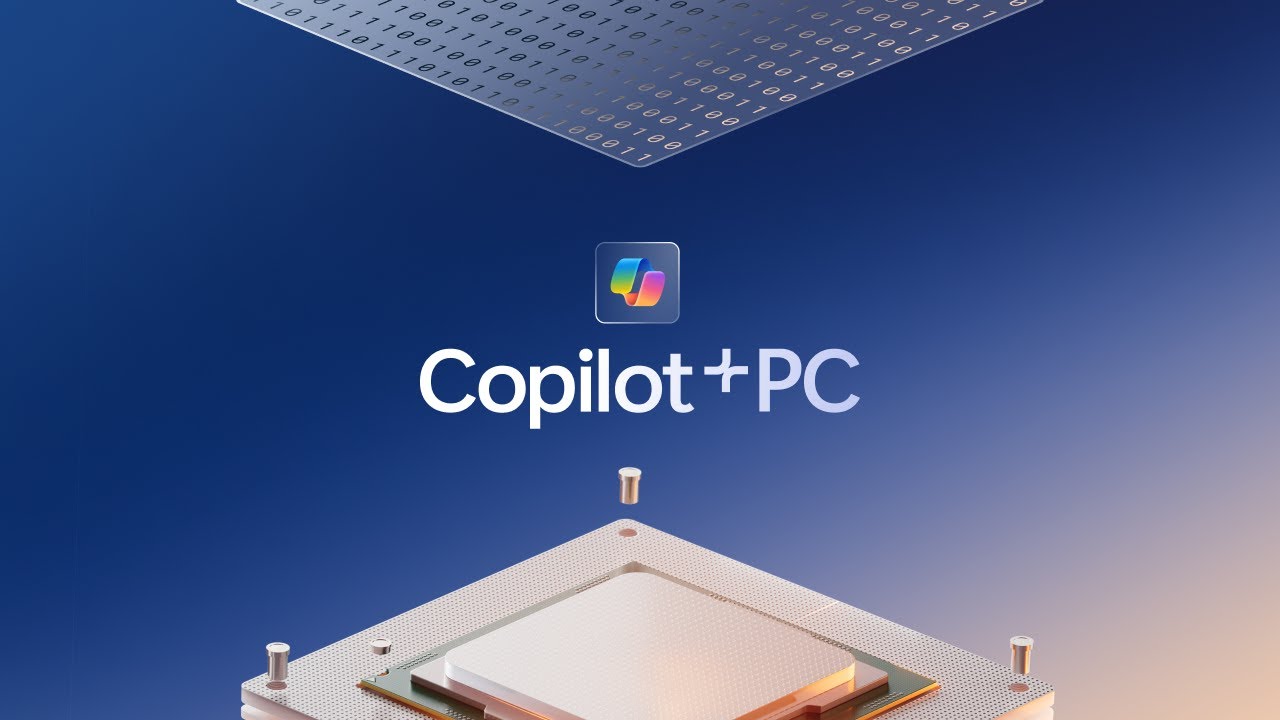
User forum
0 messages